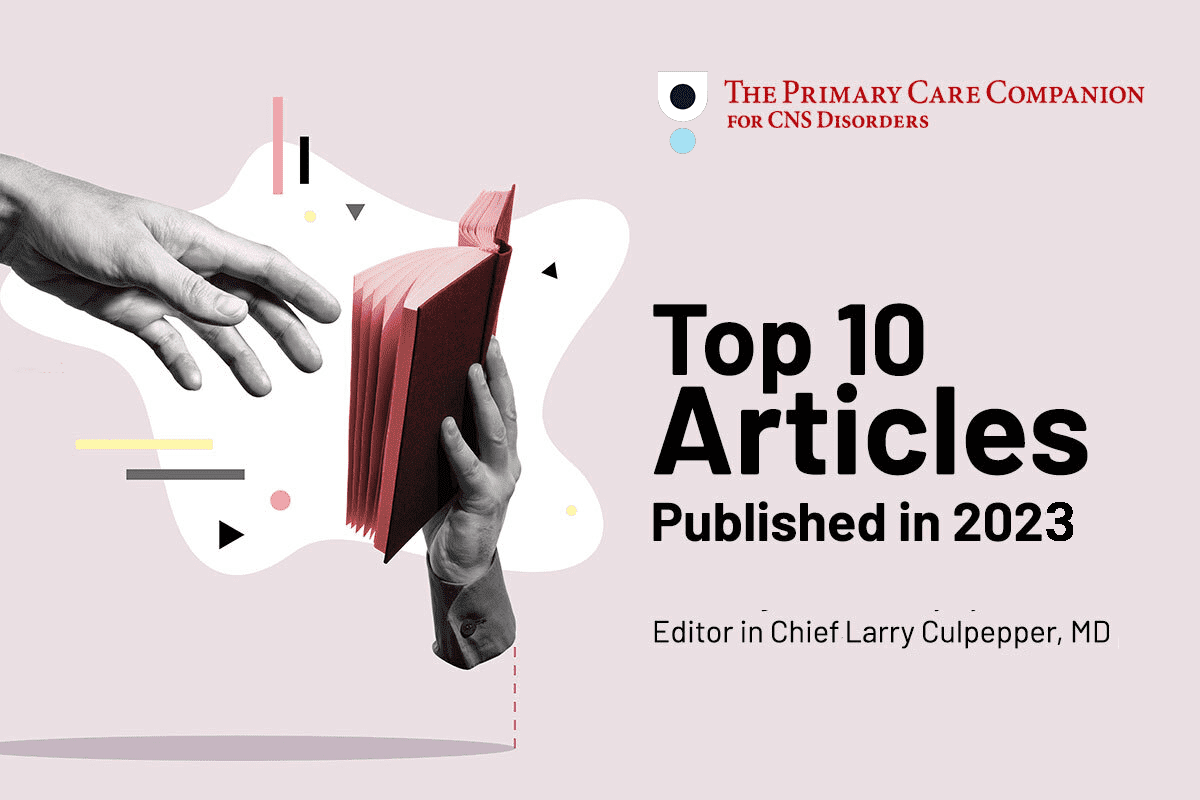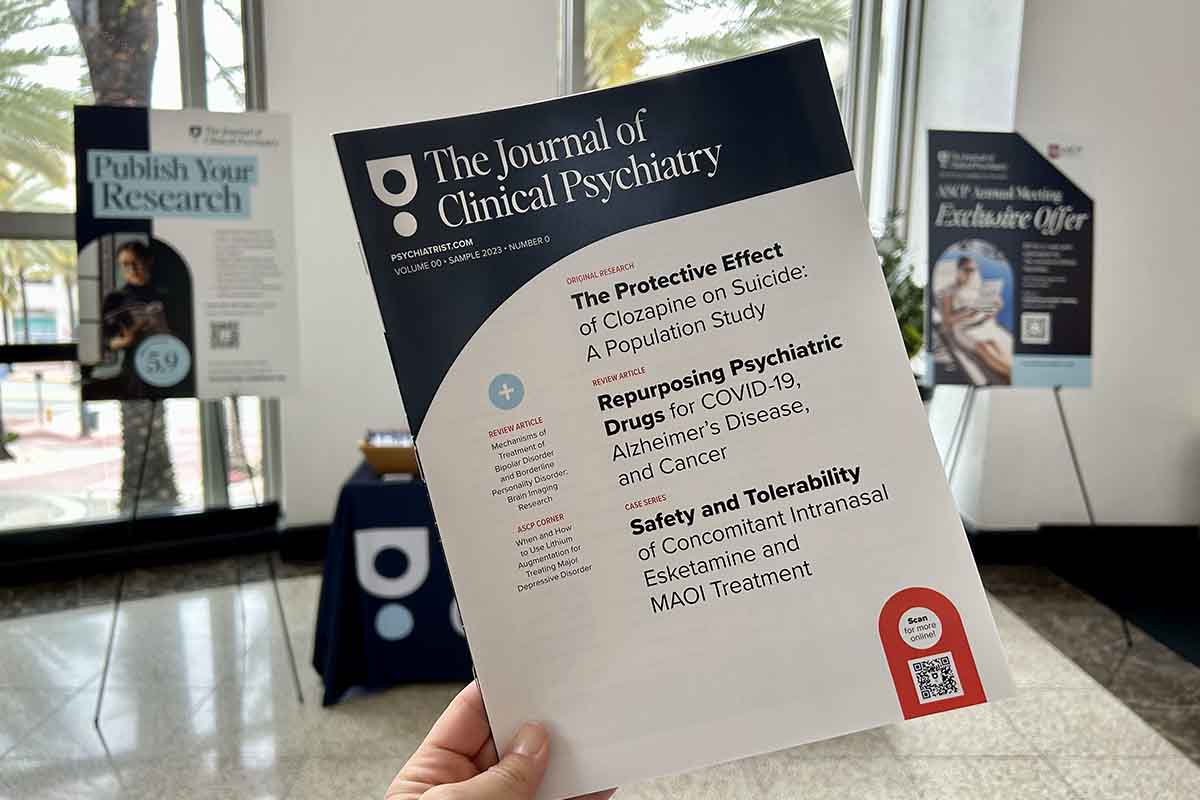The Journal of Clinical Psychiatry stands as a beacon of excellence in the realm of psychiatric literature. Our expert editors are dedicated to bringing forth groundbreaking research, insightful reviews, and thought-provoking commentaries. We strive to further the field of psychiatry by disseminating knowledge that is evidence-based, clinically relevant, and impactful. Our commitment to excellence ensures that psychiatrists have access to the latest advancements, best practices, and emerging trends in the world of mental health.
Recently published articles about Journal
Consensus Statement
Developing a Treatment-Resistant Depression Consultation Program, Part II: Assessment
May 7, 2025
Consensus recommendations about the goals of a consultation for treatment-resistant depression include establishing the primary diagnosis and comorbidities, clarifying symptoms, identifying goals, documenting treatment history, identifying treatment barriers, and...
Recent JCP Articles on Journal
Insights
Writing, Reviewing, and Publishing Scientific Articles, Part 3: Applying a Diagnostic Approach to Peer Review
May 24, 2021
Editor for JCP’s Early Career Psychiatrists section explains how reviewing a manuscript is akin to adopting the mindset of an emergency department physician and applying the diagnostic process to...
Insights
Writing, Reviewing, and Publishing Scientific Articles, Part 2: Demystifying the Manuscript Submission Process
May 24, 2021
Editor of the ASCP Corner shares his thoughts, especially for early career psychiatrists, on writing and submitting your manuscript in such a way as to remove fear from the...













